SUMMARY
This is AI generated summarization, which may have errors. For context, always refer to the full article.
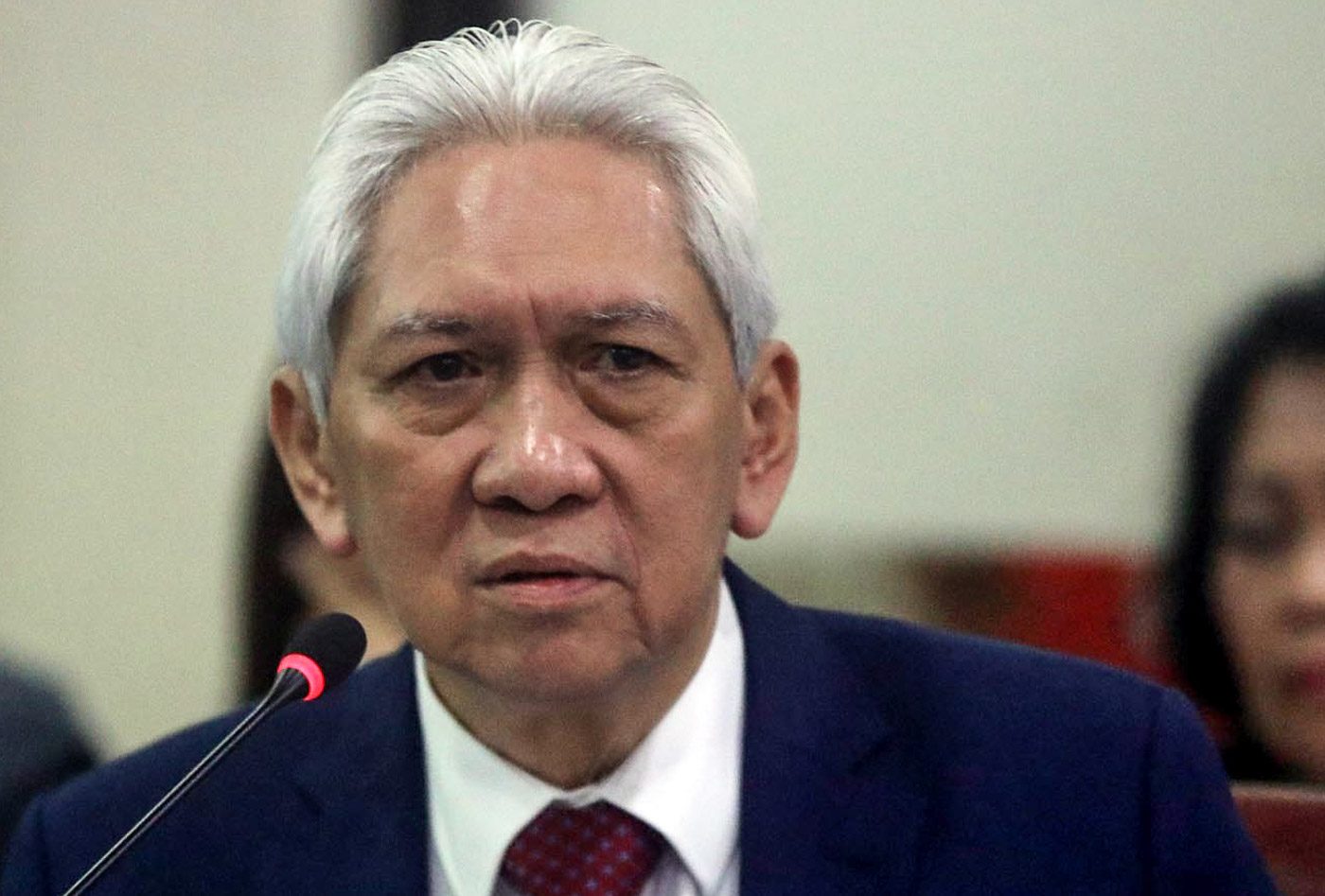
The Office of the Ombudsman’s investigation into alleged irregularities in the Department of Health or DOH’s pandemic handling has been delayed because of the agency’s slow response to subpoenas.
Ombudsman Samuel Martires told the Senate on Monday, September 14, that DOH officials kept filing motions for extension “in trickles.”
“We could not finish the reports because of the constant motions for extension of time that the officers or employees or some officers of the DOH have been asking, and it comes in trickles actually, hindi sabay-sabay na humihingi ng extension (they don’t ask for extensions in one go) to comply with subpoena,” Martires told the Senate, which deliberated on the Office of the Ombudsman’s 2021 budget on Monday.
Martires announced mid-June that the Office of the Ombudsman has launched a motu proprio or its own investigation into the DOH for delayed procurement of personal protective equipment (PPE), alleged lapses that resulted in deaths of frontliners, and the “confusing and delayed” reporting of coronavirus deaths and infections.
Martires named DOH Secretary Francisco Duque III as being included in the investigation. President Rodrigo Duterte recently reiterated his trust in Duque amid mounting calls for the health secretary’s resignation.
Martires revealed these details after Senator Joel Villanueva asked how the pandemic has affected the Ombudsman’s operations.
“This pandemic has greatly affected our performance actually, especially that we cannot go out there to investigate,” Martires said. (READ: Pandemic limits Philippines’ anti-corruption work)
“While we already have some data on important matters that are the target of investigation, we hope that in about 2-3 weeks’ time we’ll be able to come up with an initial report on the DOH,” said Martires at the Senate but later clarified to reporters that the report that will be issued in 2-3 weeks is on the Dengvaxia-related complaints.
Philhealth
Martires said that there’s also some “difficulties” with their investigation into the embattled Philippine Health Insurance Corporation (PhilHealth) – the state’s health insurer which has been exposed for alleged multiple frauds including during the pandemic.
It was not clear whether Martires was referring to an exclusive Ombudsman probe, or the overall investigating task force which the Department of Justice (DOJ) heads and the Ombudsman is a part of.
“Prior to the pandemic, we have been encountering difficulties with respect to investigations on PhilHealth cases because we could not access some documents on PhilHealth,” said Martires.
The DOJ on Monday submitted the task force’s report to President Rodrigo Duterte. Later on Monday, Duterte announced he had approved the filing of charges against PhilHealth officials, including former president and CEO Ricardo Morales.
But Justice Undersecretary Markk Perete clarified Tuesday morning, September 15, that what the task force recommended, and which the President approved, was the mere filing of complaints.
“The President approved the recommendations of the Task Force for the filing of complaints – both criminal and administrative – against key officers of PhilHealth,” Perete told reporters who sought clarification.
Charges filed means the case will be filed in court and the officials will undergo trial. Complaints filed means it will undergo a criminal preliminary investigation before prosecutors, where officials would have the chance to refute the allegations.
It was still unclear whether complaints will be filed before the Office of the Ombudsman or the DOJ, even though it’s the Office of the Ombudsman which has jurisdiction over public officials.
Both the DOJ and the Ombudsman have prosecutorial powers.
Pressed for more details, Perete said it could either be with the Ombudsman, DOJ, or even PhilHealth itself for administrative matters “depending on the crime committed and/or the rank of the respondent.”
PhilHealth can investigate its own, but this was a mechanism that was not exhausted for fear of demoralizing personnel, said the DOJ Task Force.
For the criminal complaints, in the end, only prosecutors have the power – and no one else – to approve the filing of charges. – Rappler.com
Add a comment
How does this make you feel?
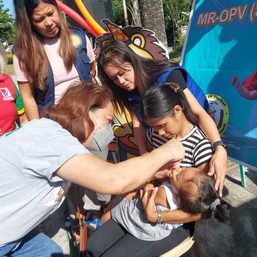
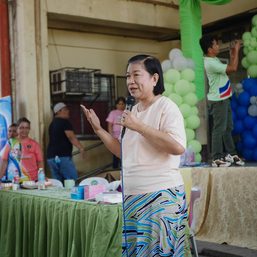
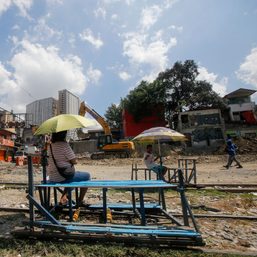

![[OPINION] Beyond infrastructure: Ensuring healthcare access for the poor](https://www.rappler.com/tachyon/2024/03/tl-healthcare-access-03402024.jpg?resize=257%2C257&crop_strategy=attention)
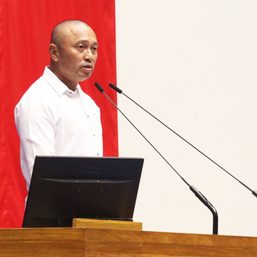
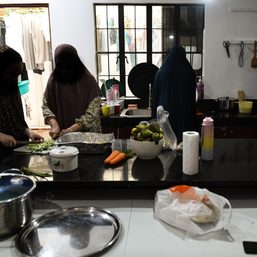

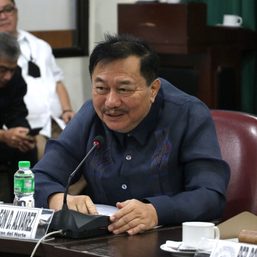
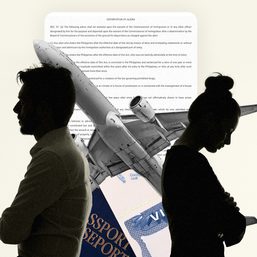
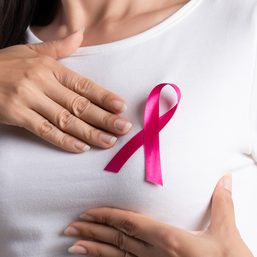
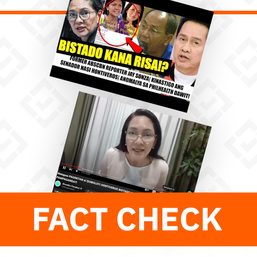
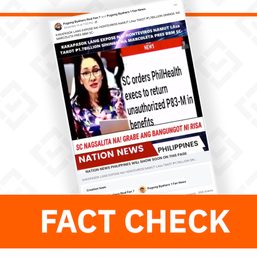
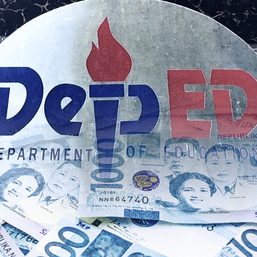
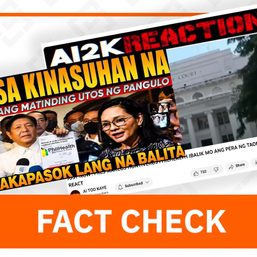
There are no comments yet. Add your comment to start the conversation.